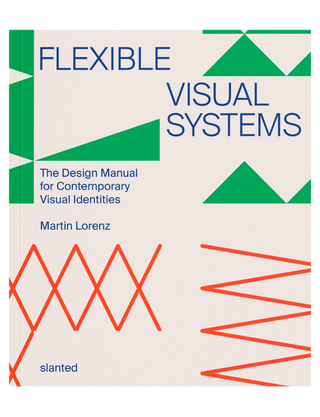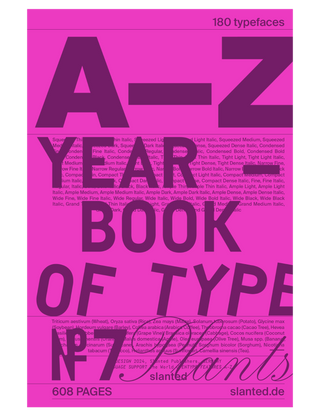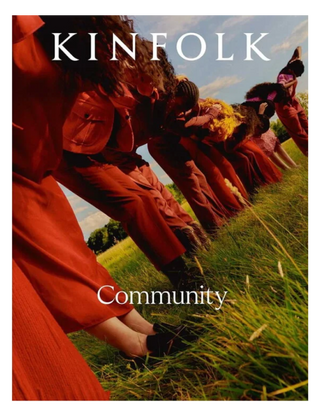The influence of digital technologies
Today's teenagers are growing up in a world where the Internet and digital technologies are an integral part of everyday life. Social networks, online games, YouTube videos and streaming services occupy a lot of time and attention of young people. Reading books, which requires concentration and time, seems less attractive to them compared to the instant gratifications offered by the digital world.
Digital technologies, especially search engines and artificial intelligence, provide quick answers to any question, which undermines the ability of adolescents to independently find and cluster information. Instead of deep immersion in the topic, they get used to receiving short, superficial answers, which negatively affects their ability for analytical thinking and critical understanding of information.
Additionally, services like TikTok, Instagram Reels, and YouTube Shorts provide a steady stream of short videos that offer a quick dopamine rush. These videos dull emotions and reduce attention to detail, further complicating the process of reading books, which requires sustained concentration and deep emotional engagement.
Loss of interest in traditional formats
Traditional books often seem old-fashioned and incomprehensible to teenagers compared to bright and dynamic digital formats. The development of technology has changed the way information is perceived, and now young people are more attracted to interactive forms of entertainment and learning.
Lack of time
Teenagers are very busy these days. School, extra classes, sports sections, social activities and household duties take up a lot of time. In such a busy schedule, it becomes increasingly difficult to find time to read books. When young people find a free moment, they often choose easier and faster ways to relax, such as watching videos or playing session computer games online with friends.
The impact of the school curriculum
A school's literature curriculum often includes complex and hard-to-understand works that can discourage teenagers from reading. Often these are classic works written in an old language or on topics that are not always interesting to young people. This approach to teaching literature can cause a negative attitude towards reading in general.
How to get teenagers interested in reading
- Use of modern technologies: E-books and audiobooks can become a bridge between the digital world and traditional reading. They are available at any time and allow you to read or listen to books in a convenient format.
- Recommendations of modern books and topics: Teenagers should be recommended books that match their interests and life circumstances. A few books that may interest young people:
- " Alone in the Ocean " by Slava Kurilov: a story about the incredible trials of the main character, who is in the middle of the Pacific Ocean. This book inspires and shows how important it is not to give up in the face of difficulties.
- " Youth without God " by Odion von Horwath: a story about teenagers living in pro-Nazi Germany and their struggle for justice and truth. The book raises important topics of morality and ethics.
- " Gifts That Bind Us ": a story about teenagers with special abilities who fight to preserve magic in their town. This is an interesting fantasy that will appeal to fans of magical adventures.
- " 7 Habits of Highly Effective Teens " by Sean Covey: A book that helps teens develop their skills and achieve success. This is a practical guide that inspires self-development.
- " North of the border " by Tatyana Ruban: a novel about three teenagers who face the challenges of war and growing up. This is a deep and relevant story that captivates from the first page.
- Interactive forms of reading: Literary quests, book lovers' clubs, online discussions and discussions can make the reading process more exciting and socially attractive.
Benefits of reading for teenagers
1. Development of critical thinking
Reading books helps develop critical thinking and analytical skills. Teenagers learn to analyze situations, draw conclusions and evaluate the actions of heroes.
2. Emotional development
Reading helps to develop the emotional sphere, compassion and understanding of other people. Feeling the experiences of the heroes, teenagers become more sensitive to the problems of others.
3. Expanding horizons
Books open new worlds and ideas, help to learn about culture, history and science. This contributes to the general development and broadening of the horizons of young people.
4. Improving language skills
Reading literature contributes to the development of language skills, enriches vocabulary and improves grammar.
Conclusion
Reading books is an important element of personality development, expansion of worldview and improvement of thinking skills. However, today's teenagers face many obstacles that distract them from this process. The introduction of modern technologies, the recommendation of interesting and relevant books, as well as the use of interactive forms of reading can help interest young people and return their love for books.











